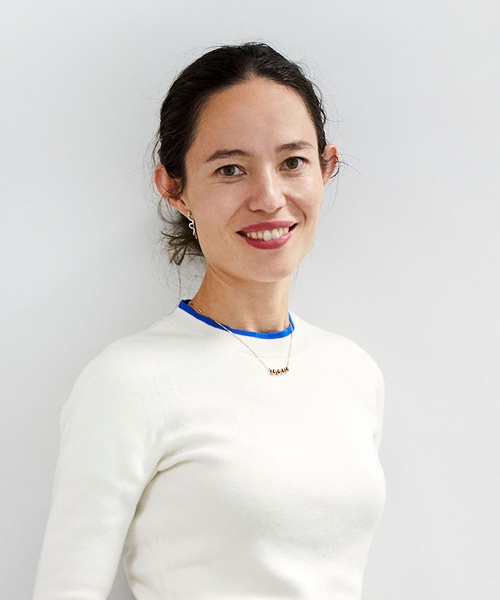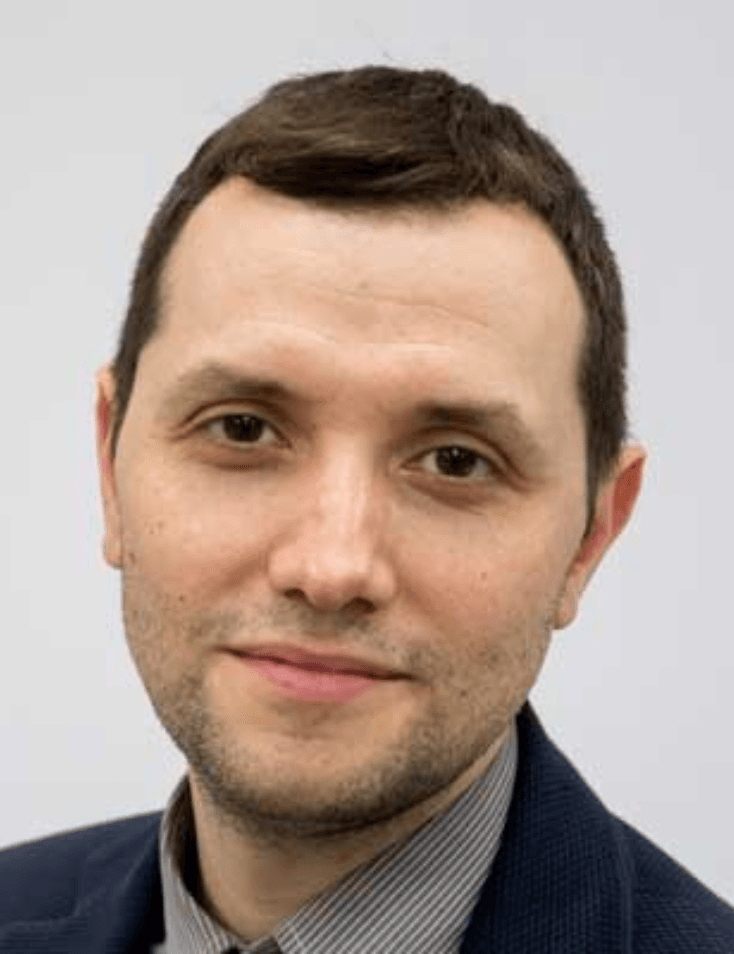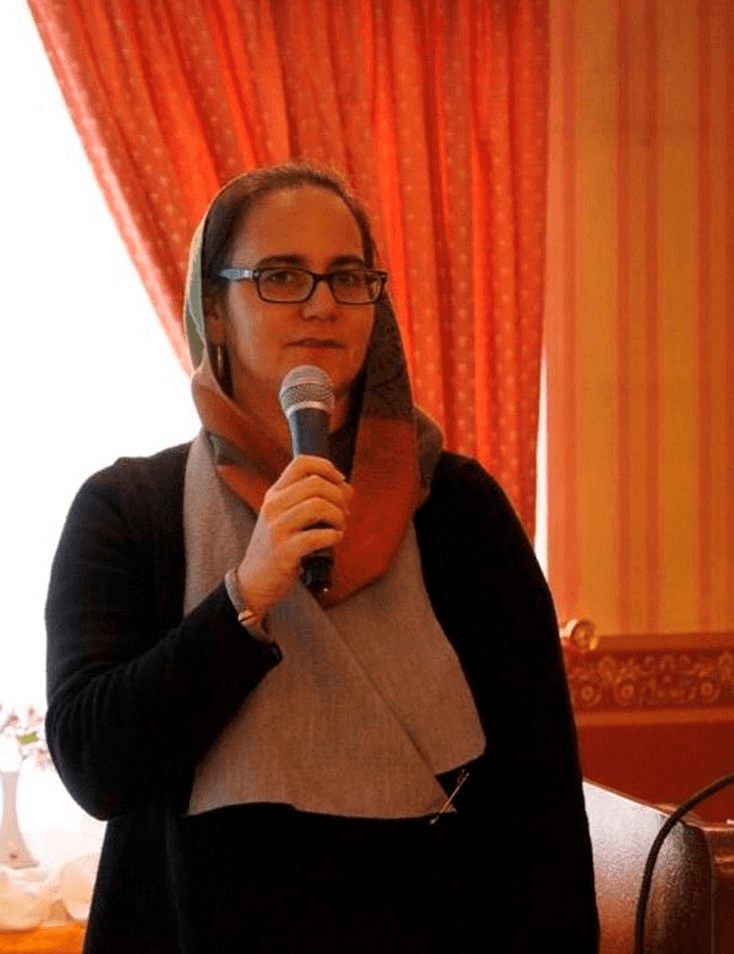
Waya Quiviger
Growing up in Washington D.C. in diplomatic circles, I always imagined I would study international politics and economics and then join the French foreign service, the UN or the World Bank. It got off to a good start—I studied business and international relations and my first job fresh out of grad school was at the World Economic Forum in Geneva. Everything was as I’d originally planned, until I decided to leave that world and move into education at IE University instead.
“If you travel the world because you are discovering and understanding different cultures and far off places, then you have an open and curious mind. And people are usually quite appreciative of someone that is genuinely interested in getting to know their culture.”
Waya Quiviger is of half-French, half-Filipino heritage, but was born in Belgium, raised in the US and now lives in Spain. In her lifetime, she has lived in 10 different countries and territories in total—Belgium, New Caledonia, the US, Canada, France, Hong Kong, Argentina, UK, Switzerland and Spain—with the majority spent in the US and Spain.
Having such a diverse upbringing, it begs the question as to whether Waya considers herself to be French, Spanish or American. The answer is not so simple. She is a French citizen, speaks the language natively and it’s her family’s predominant culture. Yet the only time she has lived in France was during her graduate studies. On the other hand, she has spent 16 years living in Spain, speaks Spanish fluently and her three children are half-Spanish. But even after all this time, she by no means considers herself madrileña. Then we have to take into her account her experience in the US. While she grew up there, and most of her cultural references—and accent—are American, she has no American roots or no close family.
So, where is Waya from? If you are from the city where you were raised, then that would be Washington D.C. But Waya grew up in a very cosmopolitan, multilingual environment with friends from all over the world. Most of her friends’ parents, including her own, worked at embassies or international institutions based in D.C., such as the World Bank or the IMF. It was here that she first developed her passion for exploring different cultures and international relations.
A GLOBAL CITIZEN
In the end, Waya considered herself to be a global citizen, or someone who identifies with the world community above their identity as a citizen of a particular country. She views being a global citizen as approaching the world with an open and curious mind. In her opinion, global citizens are distinguishable by a desire to discover new cultures and understand them, getting to know the people around them rather than adding locations to their passports as privileged globetrotters.
She believes this enables you to feel at home anywhere in the world, while easily blending in and relating to other cultures. In the same vein, Waya observes that, if home is everywhere, then home is also no single, special place—something that global citizens may yearn for from time to time.
DEVELOPING YOUR OWN PROFESSIONAL TRAJECTORY
After growing up in diplomatic circles in Washington D.C., Waya imagined she would follow in her parents’ footsteps and join an international organization like the World Bank or the UN. She sees this pattern in many of her IE University undergraduate students, who pursue similar lines of work in diplomacy, law and business as their parents. Her advice for students would be to discover their own passions by studying what they are drawn to and enjoy, or by reaching out to a trusted counselor or mentor. While being faced by too many choices can feel overwhelming, a bit of orientation can always help.
As international relations students move from theory to practice, Waya would draw their attention to one particular concept that should guide them forward—national interest. She explains that while governments engage in trade or military alliances, this is almost always to protect the national interest. While a little cynical, this mostly accurate theory should help students better understand how the world works.
FROM PRACTICE TO THEORY AT IE SCHOOL OF GLOBAL & PUBLIC AFFAIRS
Waya had always intended on being an actor in the global arena, and although she doesn’t work in a global organization, her role teaching international relations at IE University still fits this bill. She teaches a number of courses, including Global Governance and International Institutions; Aid, Development & Social Entrepreneurship; Global Governance & International Organizations; and Partnerships & Stakeholder Engagement.
In addition, Waya acts as Executive Director of the Transatlantic Relationship Initiative (TRI). This cross-border initiative fosters debates on European affairs, US-Hispanic politics and broader Ibero-American issues. It was launched at IE University at a time when the previously unquestioned US-EU alliance was at its weakest point in decades. Through the TRI, Waya and its other academics and researchers hope to play a role in strengthening transatlantic ties through dialogue and discussions on political and economic issues of vital importance on both sides of the Atlantic. To this effect, they have recently launched a new Observatory on Canada that focuses on Spanish-Canadian commercial and political relations.
“The Transatlantic Relations Initiative aims to strengthen transatlantic ties through dialogue and discussions on political and economic issues of vital importance on both sides of the Atlantic.”

“If you travel the world because you are discovering and understanding different cultures and far off places, then you have an open and curious mind. And people are usually quite appreciative of someone that is genuinely interested in getting to know their culture.”
WAYA'S ARTICLES

SOCIAL ENTREPRENEURSHIP: DOING GOOD ‘AND’ DOING WELL
C.K. Prahalad, the distinguished university professor and management guru, first coined the term ‘Bottom of the Pyramid’ (BoP) in his influential 2004 book: ‘The Fortune at the Bottom of the Pyramid’. In it he advanced that poverty could be eradicated by serving the needs of the world’s poorest. The BoP represents the largest but poorest socioeconomic group, over 4 billion people or about 2/3 of humanity.

